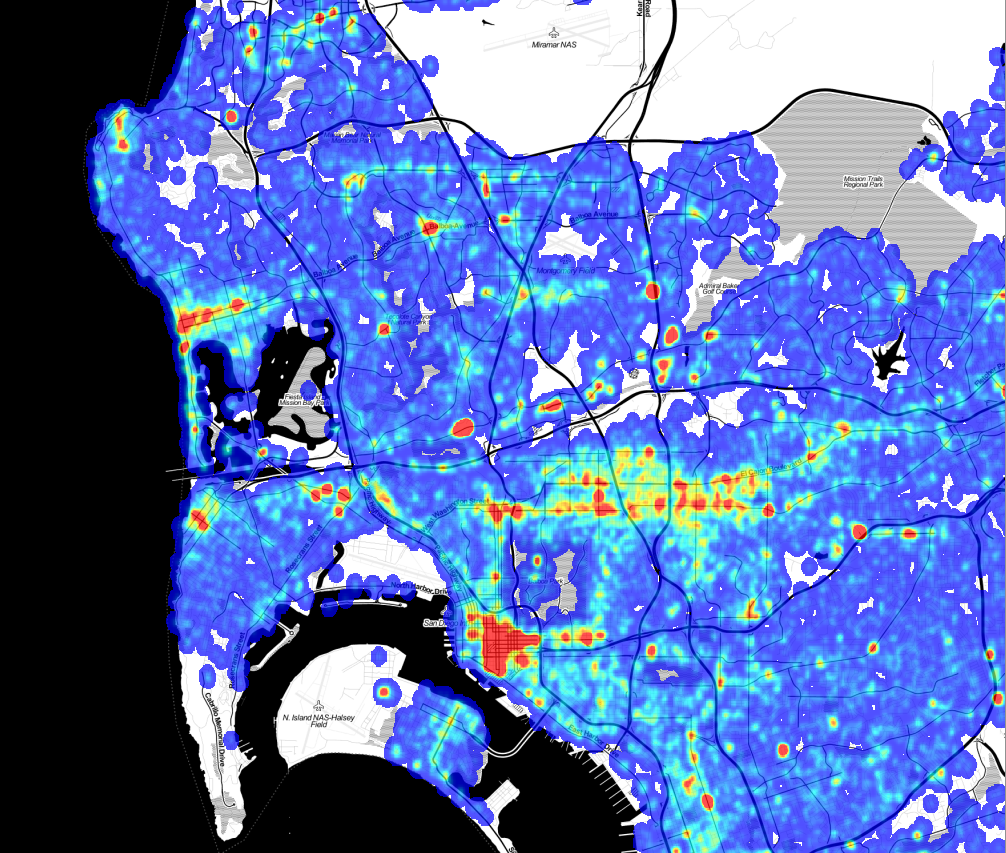San Diego Open Data Day
This weekend, Saturday Feb 23, is International Open Data Day, sponsored by the Open Knowledge Foundation, and it is also Code Across America data, sponsored by Code for America. San Diego is participating, hosted by Open San Diego, and the Library staff will be there to talk about the Library and our Crime Mapping Project. … Read more


